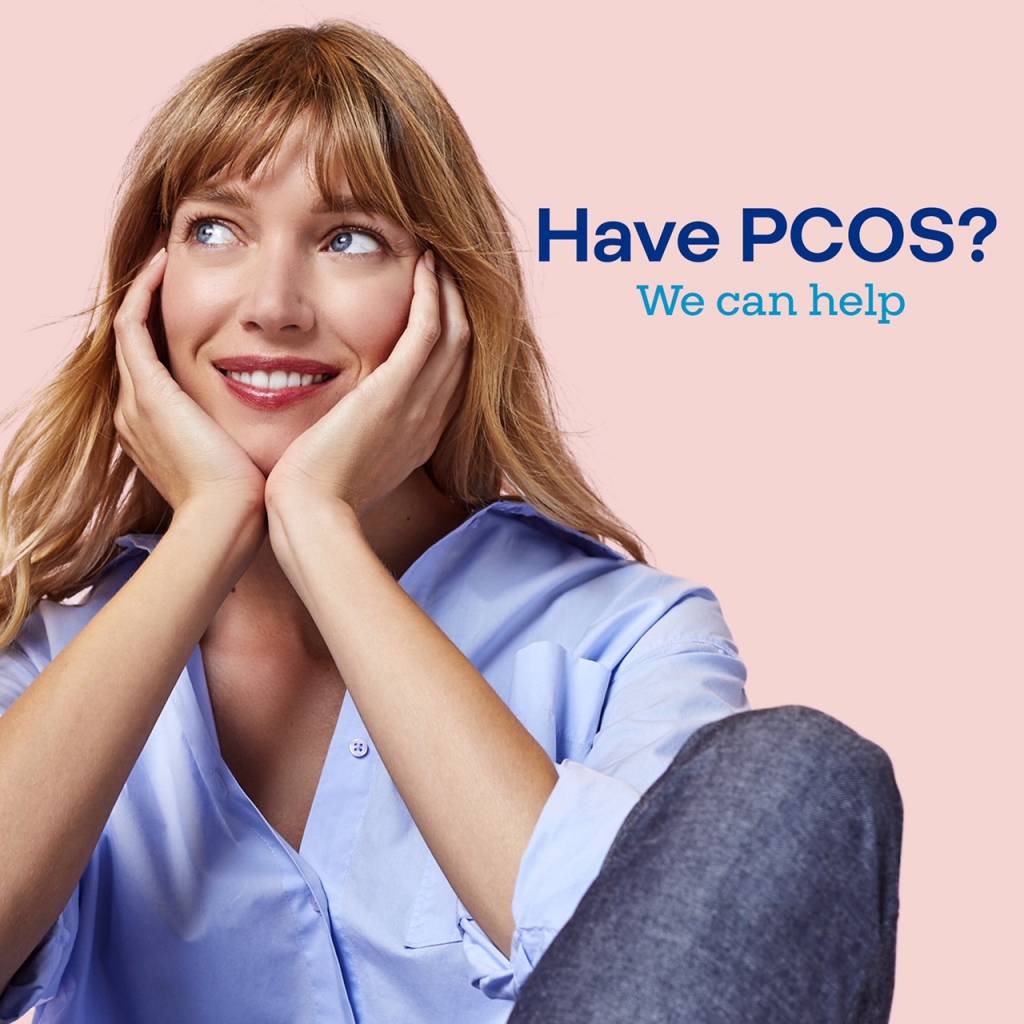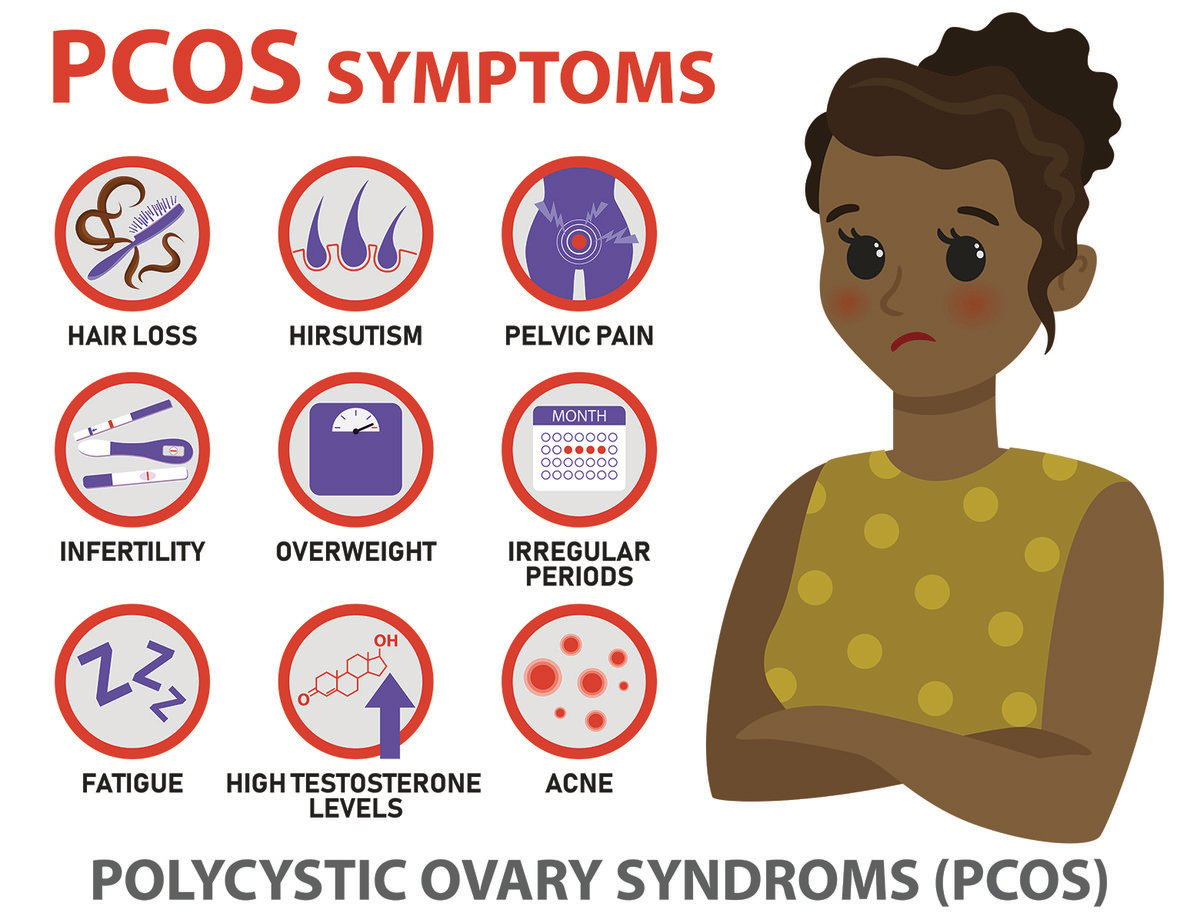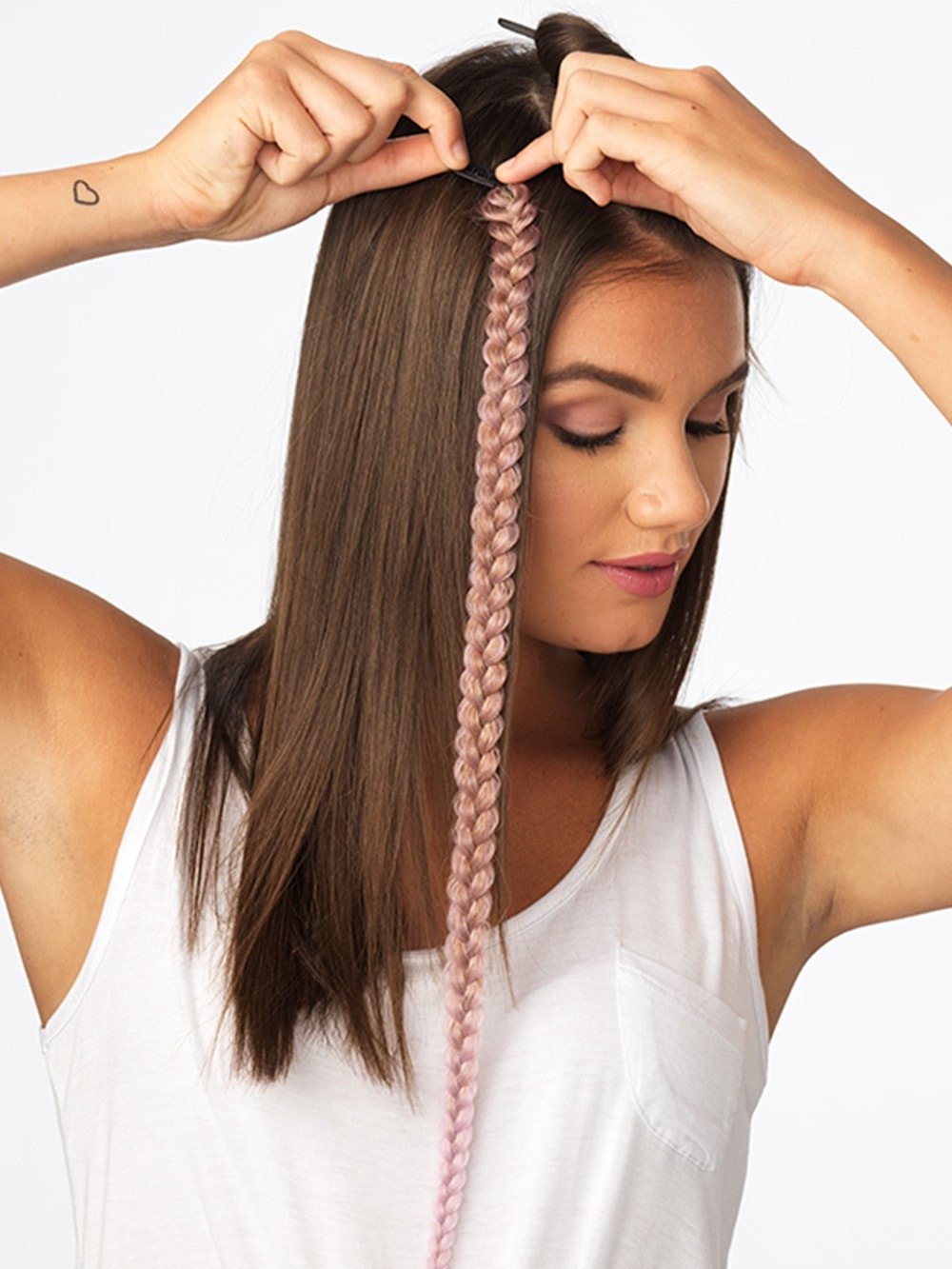Table Of Content

Hairy nipples, or excessive hair growth on and around the nipples, can be a symptom of Polycystic Ovary Syndrome (PCOS) in some individuals. PCOS is a hormonal disorder that affects people with ovaries and is characterized by imbalances in various hormones, including elevated levels of androgens, such as testosterone. These elevated androgen levels can lead to a range of symptoms, including hirsutism, which is the medical term for excessive hair growth in areas where it is typically more common in males. Hirsutism is a condition that causes excess hair to grow on certain parts of your body. It mainly affects women and people assigned female at birth.

What tests will be done to diagnose hirsutism?
Exercise is a powerful way to help manage symptoms of PCOS, including hair loss. Improving muscle mass helps sensitize the body to insulin, lower inflammation, and improve hormone health. Green tea is another natural source of 5-alpha-reductase inhibitors. EGCG not only works to inhibit the conversion of testosterone to DHT, it also stimulates hair growth by acting on the dermal papilla cells.

Vanessa Williams drops new music video
It was something I had to mentally and emotionally prepare myself for; I'd been wanting to do it for so long. I can honestly say that growing my facial hair was the best decision I ever made. It's given me the confidence I never thought I would have.
PCOS and Unwanted Facial Hair
PCOS and facial hair - hirsutism causes and hair removal tips - Women's Health UK
PCOS and facial hair - hirsutism causes and hair removal tips.
Posted: Sat, 13 Apr 2024 07:00:00 GMT [source]
However, this procedure may not be suitable for people with darker skin types, as they are at higher risk of possible complications that can affect skin pigmentation. Electrolysis has a longer lasting effect than some other methods of hair removal, such as shaving or plucking. In this article, we explain some of the medical causes of hirsutism and the treatments available. Women and people AFAB can get PCOS any time after puberty. Most people are diagnosed in their 20s or 30s when they’re trying to get pregnant. You may have a higher chance of getting PCOS if you have obesity or if other people in your biological family have PCOS.
The condition can cause problems with the menstrual cycle and can lead to the formation of multiple ovarian cysts. PCOS can also cause infertility because of complications the hormonal imbalance causes in the ovaries, according to the Office on Women's Health. If you are showing any symptoms of PCOS, do not hesitate to contact a health care professional. If left untreated, PCOS can lead to high blood pressure and high cholesterol. An increase of male hormones in a woman's body will also hinder the use of insulin which raises blood sugar levels, putting you at a higher risk for developing diabetes. Choosing the right hair products is also important for healthy hair growth.
action: 'healthbeat'
That said, my experience with PCOS has inspired me to immerse myself in skincare. Karavolas adds that once there's a proper diagnosis from your OBGYN, treatment in combination with laser hair removal can reverse, stabilize, and control excess growth. She's not the only one using her platform to educate the world about hirsutism and fight the stigma that surrounds it. Allure recently spoke with five women dealing with PCOS about their decisions to embrace their facial hair and show the world its beauty. While the body positivity movement has gathered momentum in recent years, hair on female faces has been largely left out of the conversation.
Idiopathic hirsutism
Getting any kind of medical diagnosis can be freaky and raise a lot of questions. And being diagnosed with polycystic ovary syndrome (PCOS) is no exception. One aspect of PCOS in particular that tends to cause some confusion is the facial hair growth that can happen as a result of the condition.
Can I get pregnant if I have PCOS?
If you're diagnosed with PCOS and receive proper treatment, it is possible to prevent the excessive growth of facial hair. Unfortunately, most people don't even know they have PCOS until the signs and symptoms, such as excess facial hair growth or irregular periods, develop. Moreover, medical guidelines also suggest that if you have ovarian dysfunction, high levels of androgens, and polycystic ovaries then you most likely have PCOS. If you leave PCOS untreated, it can lead to type 2 diabetes, hypertension, and even uterine cancer. Therefore, timely management and regular health checkups are the most suitable options for getting rid of chin hair and controlling PCOS.
What to Know About Hair Removal If You Have PCOS
The female body produces male hormones, also called androgens. Androgens play a role in triggering puberty and stimulating hair growth in the underarms and pubic areas. To curb hirsutism (excess hair), Dr. Andrea Dunaif from Northwestern University typically starts patients with spironolactone. A 6-month trial is needed to show effects on unwanted hair, and she usually starts women at a higher dose. The unwanted hair doesn’t disappear; it grows in finer and lighter. Unfortunately, this drug is unlikely to help with androgen-related hair loss (aka androgenic alopecia) which is more difficult to treat.
PCOS hair loss can lead to shedding more hair on a daily basis. There may be more hair on clothes or furniture than normal, and it’s also common for hair to collect on the pillowcase overnight. I was curious to know how other women coped with PCOS-related hair growth—and the hyperpigmentation that can go with it—so I spoke with two other women who were also experiencing it. "Laser hair removal works best in getting rid of hair," says Christian Karavolas, founder of Manhattan's Romeo & Juliette Laser Hair Removal. The second time I was put on spironolactone about four years ago, I remember crying because I felt like I could never be beautiful or attractive to anyone because of my facial hair.
An article in the International Journal of Women’s Dermatology estimates that 5–10% of women of reproductive age experience male hair growth patterns. Hirsutism is the medical term for female hair growth in places where men usually have hair. Virilization is a condition in which you develop the secondary sex characteristics of men and people AMAB. Androgens are a group of sex hormones that help people enter puberty and mature physically. Men and people AMAB make more androgens than women and people AFAB. It can affect men and people assigned male at birth (AMAB), but it’s difficult to tell the difference between hirsutism and typical thick, dark, long hair growth (terminal hair).













